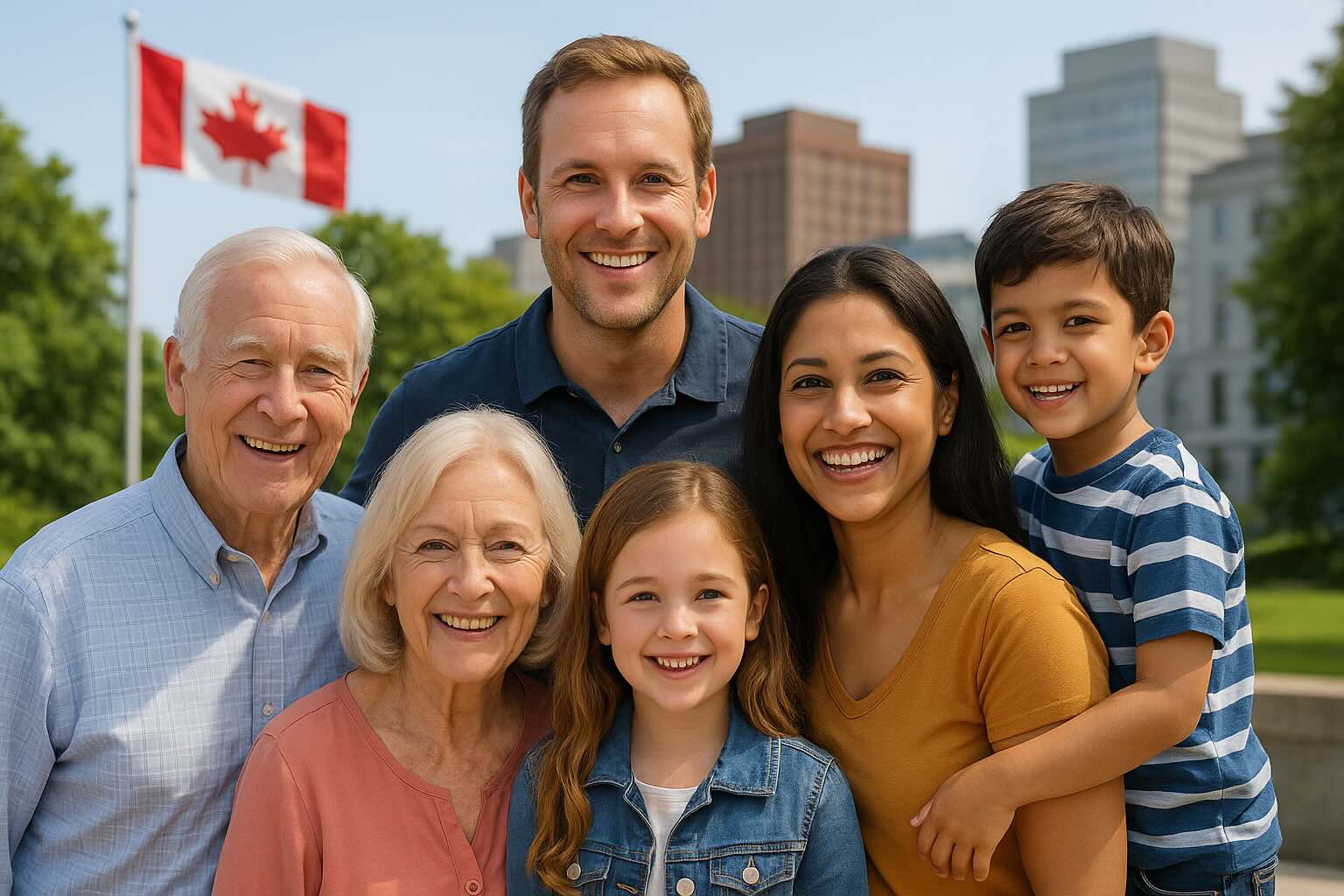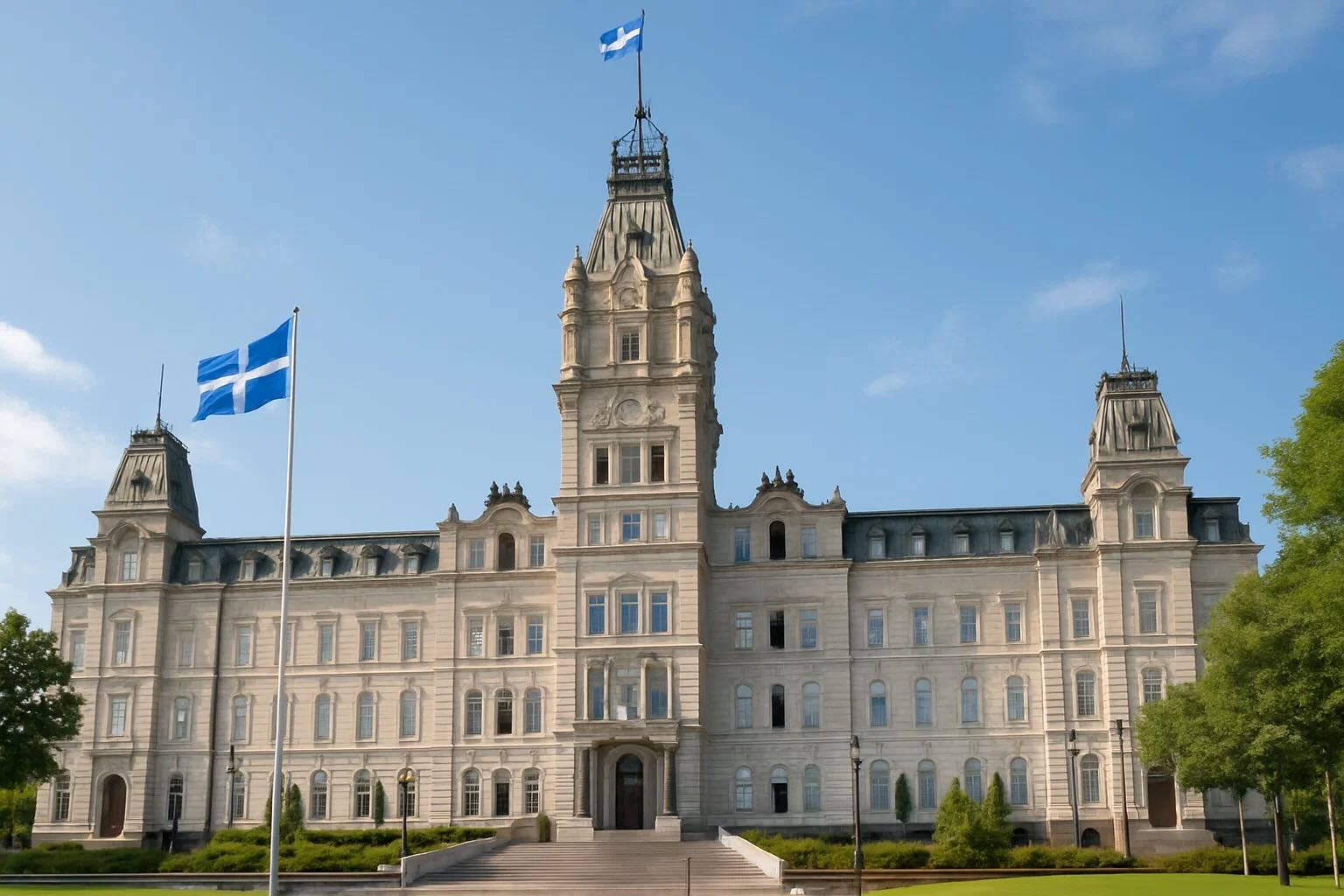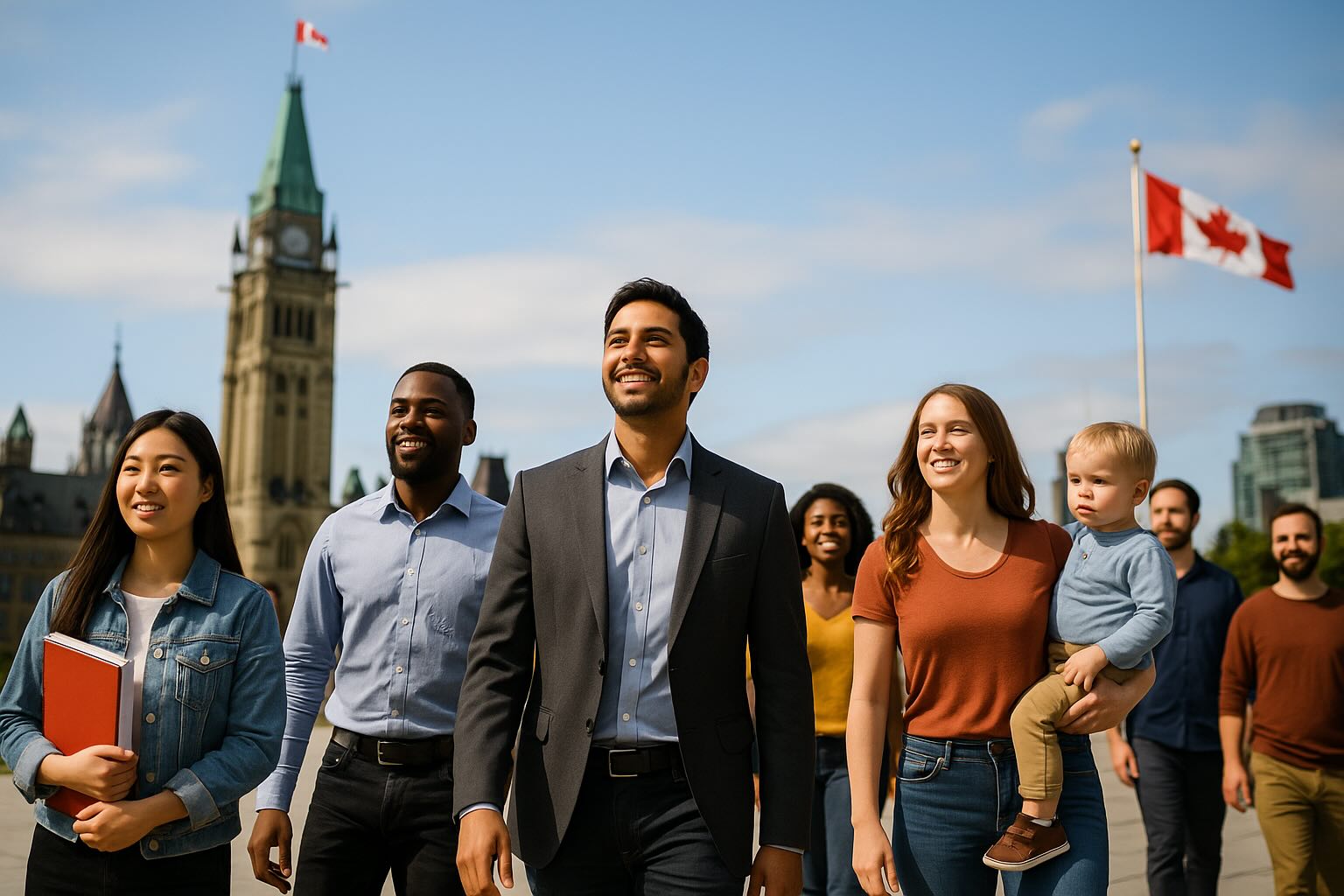
Immigration, Refugees and Citizenship Canada (IRCC) recently issued a major update, officially raising the minimum income requirement for sponsors under the highly anticipated Parents and Grandparents Program (PGP). This adjustment will directly affect Canadian citizens and permanent residents planning to submit an application in 2025, presenting new challenges to their financial planning.
1. Income Thresholds Rise Sharply, Financial Scrutiny Tightens
According to the newly released standards, sponsors hoping to bring their parents or grandparents to Canada in 2025 must prove that their income for the three consecutive tax years prior to the application (i.e., 2024, 2023, and 2022) has met the Minimum Necessary Income (MNI) set by IRCC.
The income requirement is directly tied to the sponsor's total family size. The specific figures are as follows:
| Family Size | 2024 Income | 2023 Income | 2022 Income |
|---|---|---|---|
| 2 people | $47,549 | $44,530 | $43,082 |
| 3 people | $58,456 | $54,743 | $52,965 |
| 4 people | $70,972 | $66,466 | $64,306 |
| 5 people | $80,496 | $75,384 | $72,935 |
| 6 people | $90,784 | $85,020 | $82,259 |
| 7 people | $101,075 | $94,658 | $91,582 |
| For each additional person | +$10,291 | +$9,636 | +$9,324 |
It is important to note that sponsors can choose to include the income of a spouse or common-law partner as a co-signer to collectively meet the requirements.
2. Calculating Family Size: The Details are Crucial
Accurately calculating family size is critical to determining the applicable income standard. This count must include not only the family members coming to Canada but all individuals for whom the sponsor is financially responsible. The calculation must include:
- The sponsor.
- The sponsor's spouse or common-law partner (in most cases, a separated spouse must still be included).
- The sponsor's dependent children (including their own, their partner's, and the dependent children of their children).
- Anyone the sponsor or co-signer has sponsored in the past and for whom the sponsorship undertaking is still in effect.
- The parents/grandparents being sponsored (the principal applicant).
- The sponsored person’s spouse, common-law partner, and their dependent children.
A key detail is that even if some of the sponsored person's family members (e.g., a spouse) are not immigrating to Canada, or are already Canadian permanent residents or citizens, they must still be included in the family size calculation.
3. 2025 Invitation Process: Continuing to Draw from the 2020 Applicant Pool
IRCC has also confirmed the invitation plan for the 2025 PGP. Beginning on July 28, 2025, the government will issue a total of 17,860 Invitations to Apply (ITAs) to potential sponsors over a two-week period. The ultimate goal is to process and accept 10,000 complete applications for permanent residence.
However, these invitations will not be open to everyone. All invitations will be sent exclusively to candidates who submitted an "Interest to Sponsor" form in 2020 and were selected in the lottery. Due to demand for the program far exceeding available spots, IRCC has not opened a new pool for expressions of interest since 2020. This means that families who have developed an interest in sponsoring since 2020 will once again be unable to apply in this round.
4. The Alternative: The Super Visa Remains a Key Option
For those who were not able to enter the 2020 pool or who wish to reunite with family sooner, the Super Visa offers a flexible alternative.
The Super Visa allows the parents and grandparents of Canadian citizens and permanent residents to visit Canada as temporary residents for an extended period. The visa is valid for up to 10 years and allows for stays of up to five years at a time. To be eligible, the sponsor must also meet an income requirement and commit to financially supporting their relatives during their stay. The invited parents or grandparents must purchase qualifying Canadian medical insurance and be admissible to Canada.
While the Super Visa does not grant permanent resident status, it provides a valuable opportunity for many families to achieve long-term reunification. Experts advise that interested families should carefully assess their situation and consider the Super Visa as a viable backup plan while preparing for a future PGP opening.









